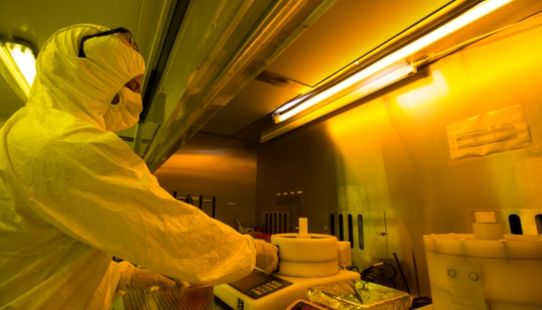About us
In 1948, the Universidad de los Andes was born and, with it, the School of Engineering, a leader in the training of engineers and cutting-edge researchers. Its 10 undergraduate degrees, 19 master's degrees, 4 specializations and two doctorates are inspired by the worldwide practices of the discipline, where technological skills are not enough, but rather skills in communication, leadership, management and interaction with interdisciplinary teams. The School stands out for its academic excellence. Its more than five thousand current students - equivalent to 39% of the uniandina student population - reflect the institution's mission values: a critical and ethical education to build a prosperous and equitable society.
Its 140 professors -70% of them with doctoral degrees- have been in charge of leading this link between students and the external sector. This relationship is mutually beneficial: a constant updating on the needs and critical problems of the country for the Faculty, and the transfer of technologies and perspectives for the business sector. There are five decades of history where 25 research groups have been formed -15 of them with A1 qualification from Colciencias- who innovate daily in its more than 60 state-of-the-art laboratories; thus positioning it as the Faculty of Engineering at the service of the country.

Mission
The School of Engineering of the Universidad de los Andes is a leader in the education of its undergraduate and graduate students. It conducts research with high international visibility and contributes to the development of the country.
To achieve this, it has a faculty of excellent quality and offers an environment conducive to highly productive work. Its graduates are characterized by the skills they develop to transform society in the technological, economic, social and environmental fields.
- To train engineers who have the ability to design a system, component or process that responds to the needs of companies, public institutions or communities, taking into account economic, environmental, social, political, ethical, safety, manufacturing and sustainability constraints.
- Generate valid academic products in the international engineering community and research with national impact.
- Influence public policies in relevant sectors for the development of the country from the study of structural problems.
Vision
The School of Engineering will be recognized for its contributions to the development of society by proposing innovative solutions to critical problems facing the region and by guiding technological, social and political decisions in the country.